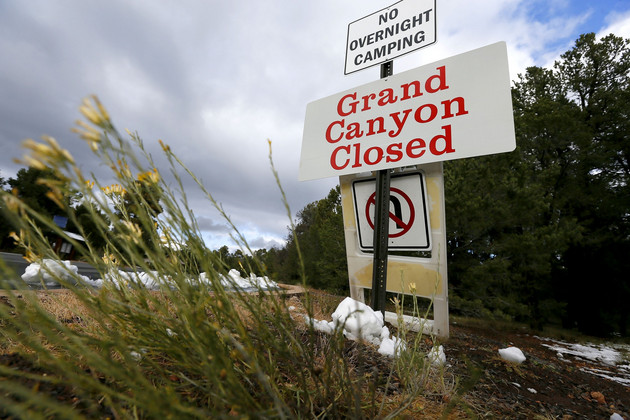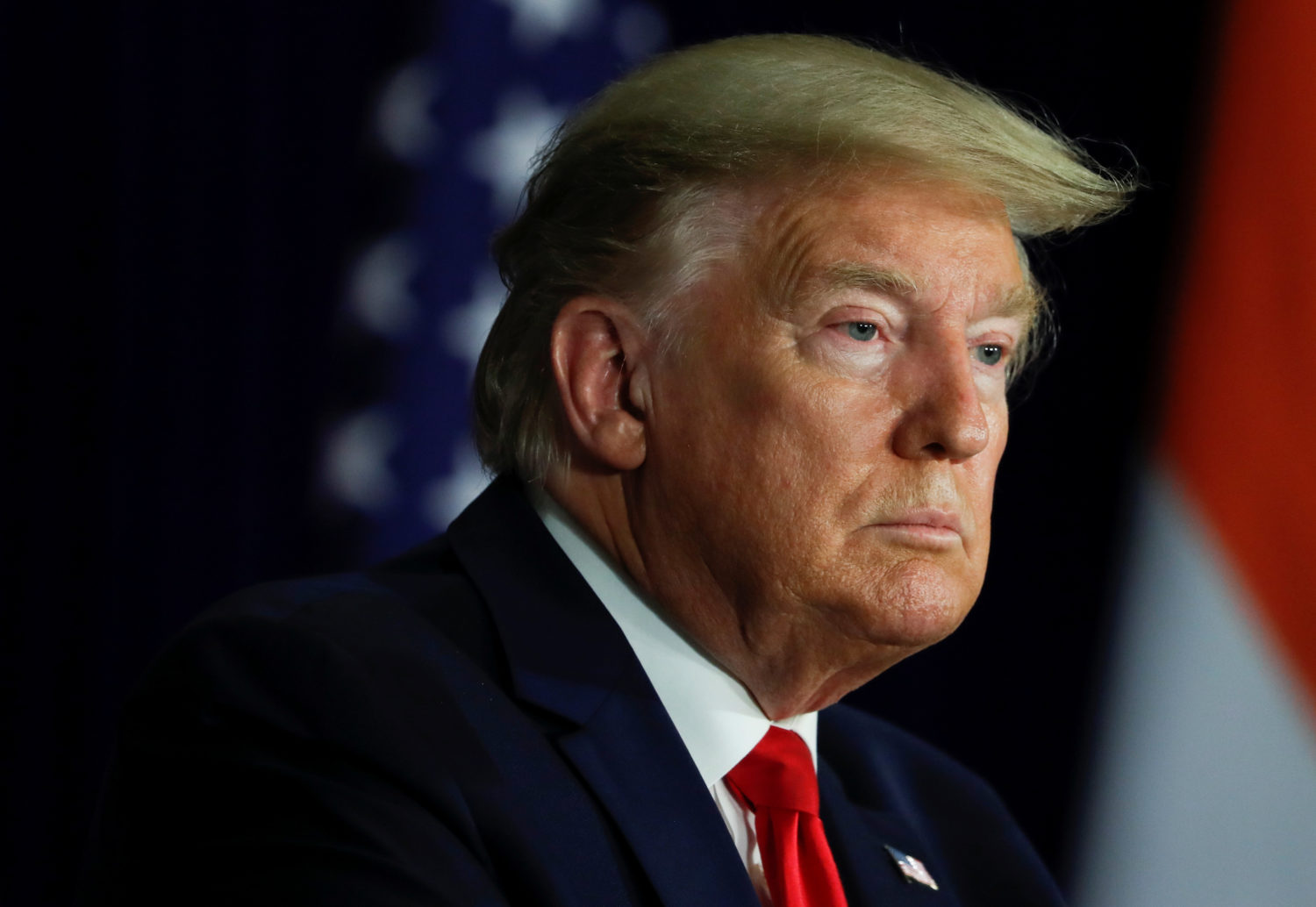
Important Takeaways:
- We certainly do live in “interesting” times. In all my years of writing, I have never seen a stock market correction, a global trade war and a government shutdown all happen at the same time. If the federal government does indeed shut down on Friday, we will complete that very impressive trifecta. Needless to say, a government shutdown would only add to the jitters that we are witnessing on Wall Street right now. On Thursday, the Dow Jones Industrial Average was down for a fourth day in a row, and the S&P 500 fell into correction territory…
- Stocks fell on Thursday, with equities unable to shake a three-week market rout under the weight of new tariff threats from President Donald Trump.
- The S&P 500 dropped about 1.4%, ending the day in correction and 10.1% off its record close. The Dow Jones Industrial Average fell 537 points, or 1.3%, its fourth day of declines putting it below the 41,000 level. The Nasdaq Composite shed 1.9% with shares like Tesla and Apple lower.
- More new tariffs are being announced on an almost daily basis. On Thursday, President Trump announced a new 200 percent tariff on alcoholic beverages from the European Union…
- President Donald Trump said Thursday he plans to put a 200% tariff on alcohol from France and other European nations in the latest escalation of global trade tensions.
- The U.S. tariff comes after the European Union moved to reinstate an import tax on American whiskey.
- “The European Union, one of the most hostile and abusive taxing and tariffing authorities in the World, which was formed for the sole purpose of taking advantage of the United States, has just put a nasty 50% Tariff on Whisky. If this Tariff is not removed immediately, the U.S. will shortly place a 200% Tariff on all WINES, CHAMPAGNES, & ALCOHOLIC PRODUCTS COMING OUT OF FRANCE AND OTHER E.U. REPRESENTED COUNTRIES. This will be great for the Wine and Champagne businesses in the U.S.,” Trump said on Truth Social.
- We haven’t seen anything quite like this in modern times, and President Trump insists that he is “not going to bend at all”…
- President Donald Trump on Thursday doubled down on his escalating tariff plans, even as his economic agenda continued to rattle investors and contribute to a weekslong stock market sell-off.
- “I’m not going to bend at all,” Trump said when asked about his tariff plans during an Oval Office meeting with NATO Secretary General Mark Rutte.
- “We’ve been ripped off for years, and we’re not going to be ripped off anymore,” he said.
- Meanwhile, we are right on the brink of a government shutdown.
- According to Politico, Trump administration officials believe that a shutdown will be avoided because Democrats in the Senate will feel forced to accept what Republicans are offering…
- Senate Minority Leader Chuck Schumer threw down the gauntlet Wednesday, proclaiming that Republicans don’t have the 60 votes needed to keep the government open past Friday. But President Donald Trump and senior White House officials are increasingly confident Schumer will release enough centrists to put up the votes for passage, according to multiple White House officials I spoke to over the past 24 hours.
- “They’re 100 percent gonna swallow it,” one White House official told me. “They’re totally screwed.”
- I am not convinced.
- Personally, I think that the Democrats are quite serious about allowing the government to shut down.
- Normally, when a government shutdown is looming the White House will attempt to reach out to the other side. But this time around, things have been very different…
- In some ways, the White House’s posture smacks of over-confidence bordering on arrogance. During most face-offs like this — when an administration needs the votes of the opposition party for must-pass legislation — there’s typically some sort of outreach, even by the president himself.
- Not so with Trump. Instead of extending an olive branch this week, the president used his Oval Office bilateral meeting with Irish Taoiseach Micheál Martin to attack Schumer in vicious personal terms, saying he’s “no longer Jewish” and calling him a Palestinian.
- Of course, all of this is happening at a time when economic conditions are steadily deteriorating and low-income consumers are being hit particularly hard. The following comes from the Wall Street Journal…
- Take low-income consumers: At an interview at the Economic Club of Chicago in late February, Walmart Chief Executive Doug McMillon said “budget-pressured” customers are showing stressed behaviors: They are buying smaller pack sizes at the end of the month because their “money runs out before the month is gone.” McDonald’s said in its most recent earnings call that the fast-food industry has had a “sluggish start” to the year, in part because of weak demand from low-income consumers. Across the U.S. fast-food industry, sales to low-income guests were down by a double-digit percentage in the fourth quarter compared with a year earlier, according to McDonald’s.
- Hopefully our leaders will make very wise economic decisions in the days ahead.
Read the original article by clicking here.











